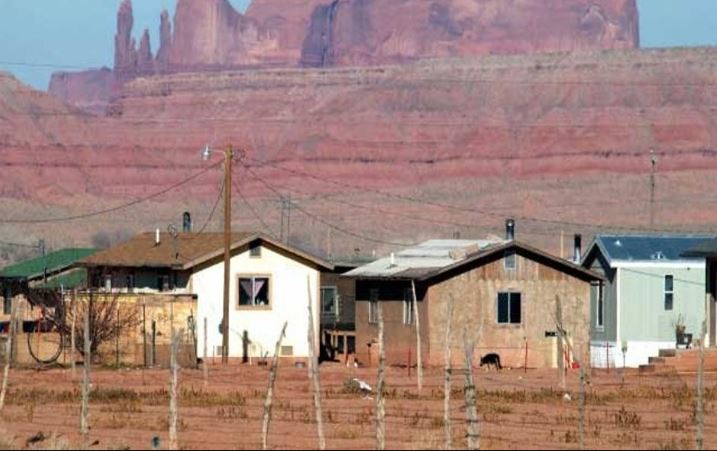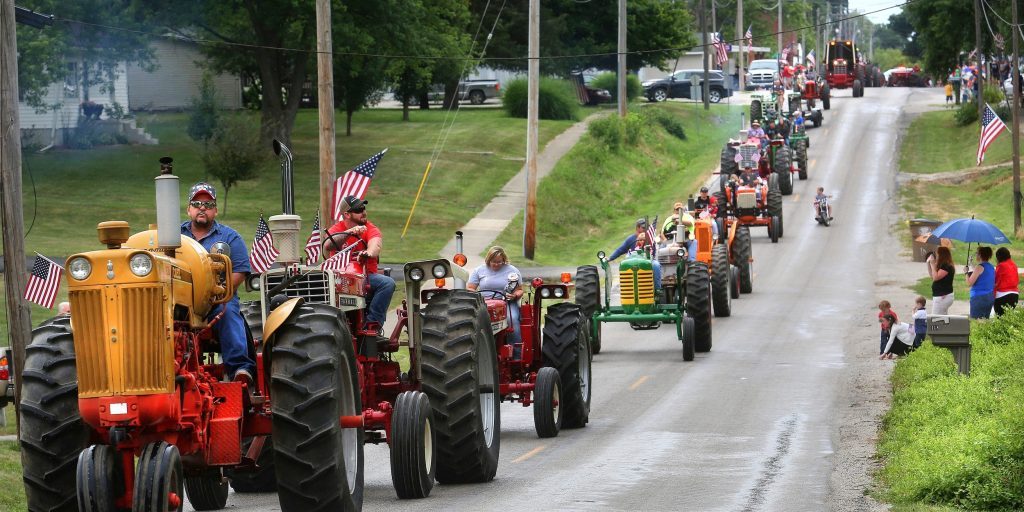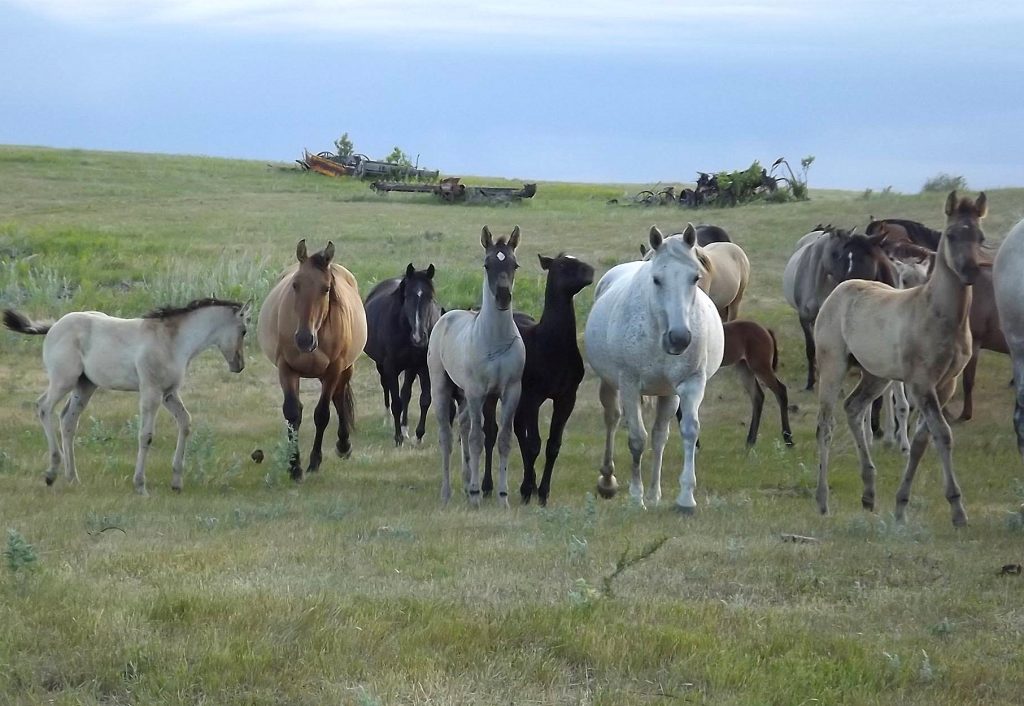Failing American Indians Again
Review: Naomi Schaefer Riley, ‘The New Trail of Tears: How Washington Is Destroying American Indians’
“Poor education combined with federal incompetence retards economic progress on the reservations. A feedback loop is created: American Indians are raised in poor homes, get poor schooling, graduate into an environment where there are no jobs and no opportunity to create jobs, and then have children who are stuck in the same situation.”
While politicians in Washington and pundits on TV bicker over the word Redskins, American Indians face a bevy of real problems at the hands of federal bureaucracy.
Americans are no doubt familiar with the early problems between white settlers and natives, along with the federal government’s brutal relocation in the Trail of Tears, but far fewer are aware of how poorly American Indians are faring in the present-day United States.
New York Post columnist and author Naomi Schaefer Riley says these problems amount to a new Trail of Tears. In Riley’s book by that name, she discusses the rampant sexual abuse, high crime rates, and widespread poverty troubling American Indians on the reservations and explains their causes.
American Indians have the same rights under the law as other Americans, but when they are on reservations, they lose control of important decisions about their lives and towns. Most issues on reservations are decided by the Bureau of Indian Affairs, a hapless and destructive federal agency.
The land on reservations is mostly communal, owned by the tribe and run by a bureaucracy rather than bought and sold by individuals, which creates hurdles for American Indians living on reservations to start businesses and succeed on their own. Reservation land loses much of its value because of the government role in its management, while most of the jobs available on reservations are government jobs. Decisions are based primarily on government and tribal interests, with the interests of individual American Indians often left in the dust.
Because of the scarcity of jobs on reservations, Riley writes, those who get positions in government and education are usually appointed because of their connections. This nepotism impacts the quality of services on reservations: schools on Indian reservations rank as some of the worst in the country, and Indians who have been educated outside of the reservations outperform their reservation-bound peers.
Poor education combined with federal incompetence retards economic progress on the reservations. A feedback loop is created: American Indians are raised in poor homes, get poor schooling, graduate into an environment where there are no jobs and no opportunity to create jobs, and then have children who are stuck in the same situation.
The same federal government that subjected American Indians to indignities like the Trail of Tears over 175 years ago is harming American Indians today—the only difference is that this time the government has good intentions as it fails its charges so magnificently. Riley demands an end to this, suggesting we replace the current, paternalistic attitude toward American Indians with the radical attitude that American Indians should be treated the same as other Americans and given the same opportunities to pursue happiness.
Readers who reach the end of her eye-opening book will no doubt agree that radical change is needed to empower a group that has been treated so poorly in our nation’s history.
Free Range Report Admin.



